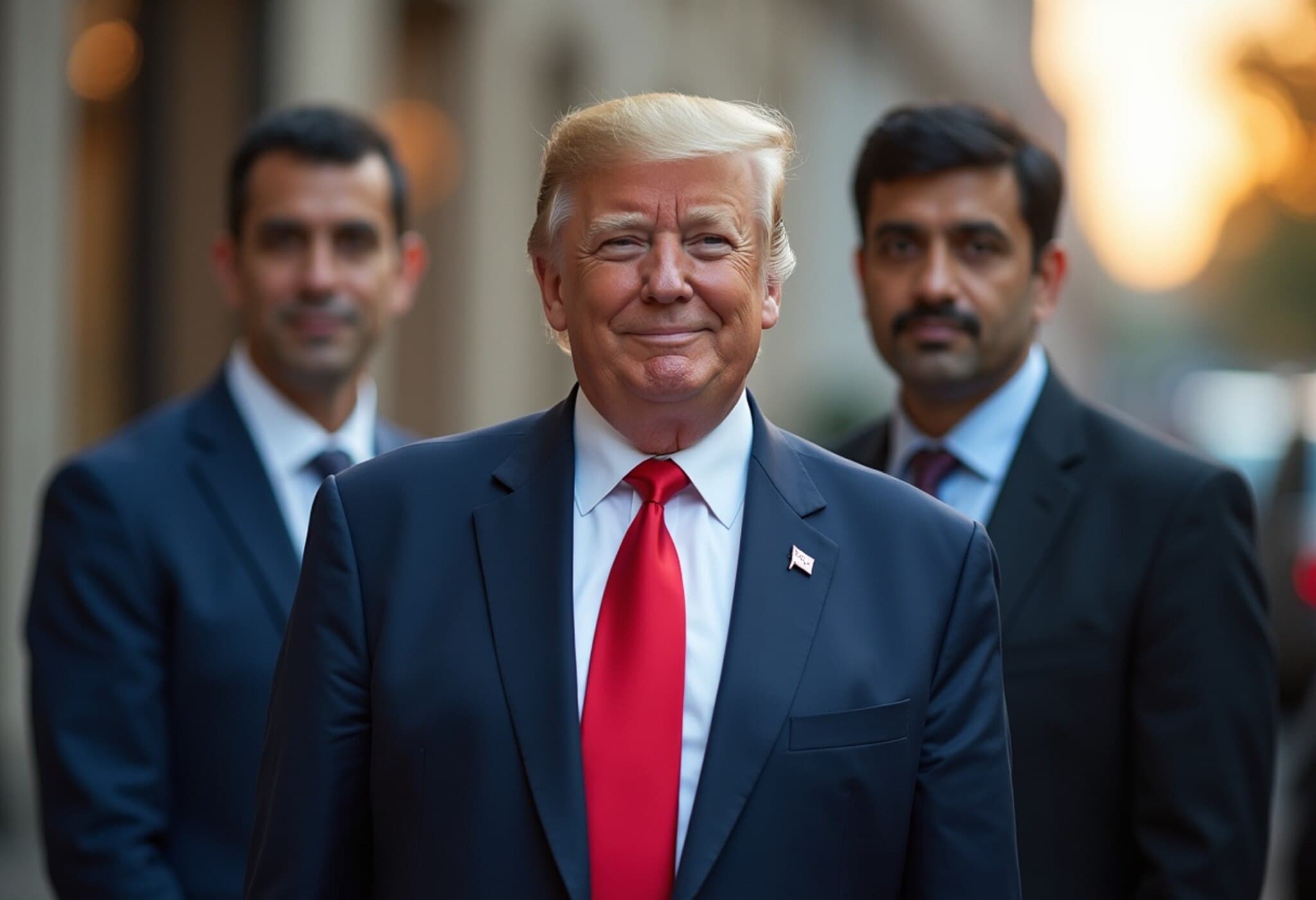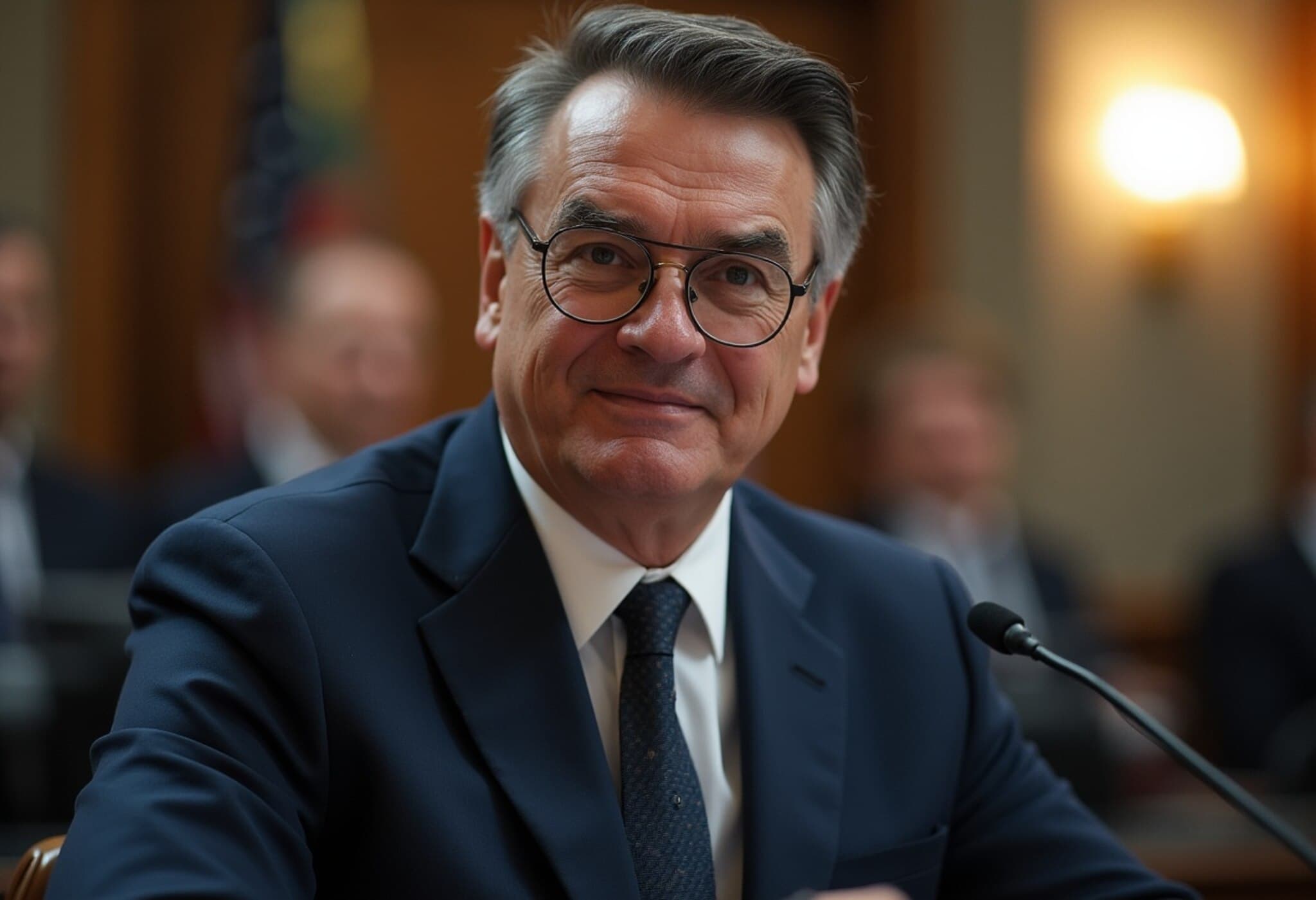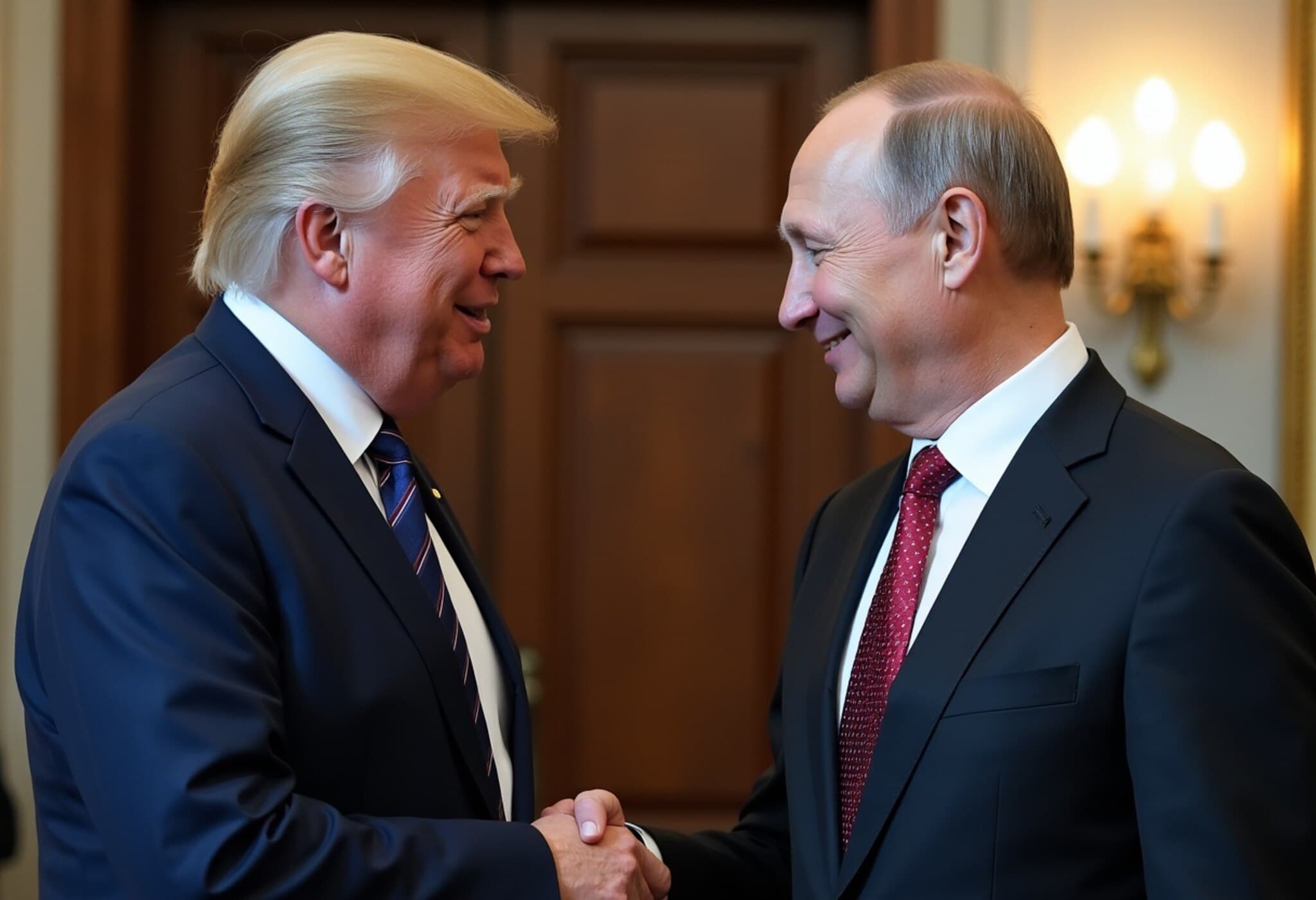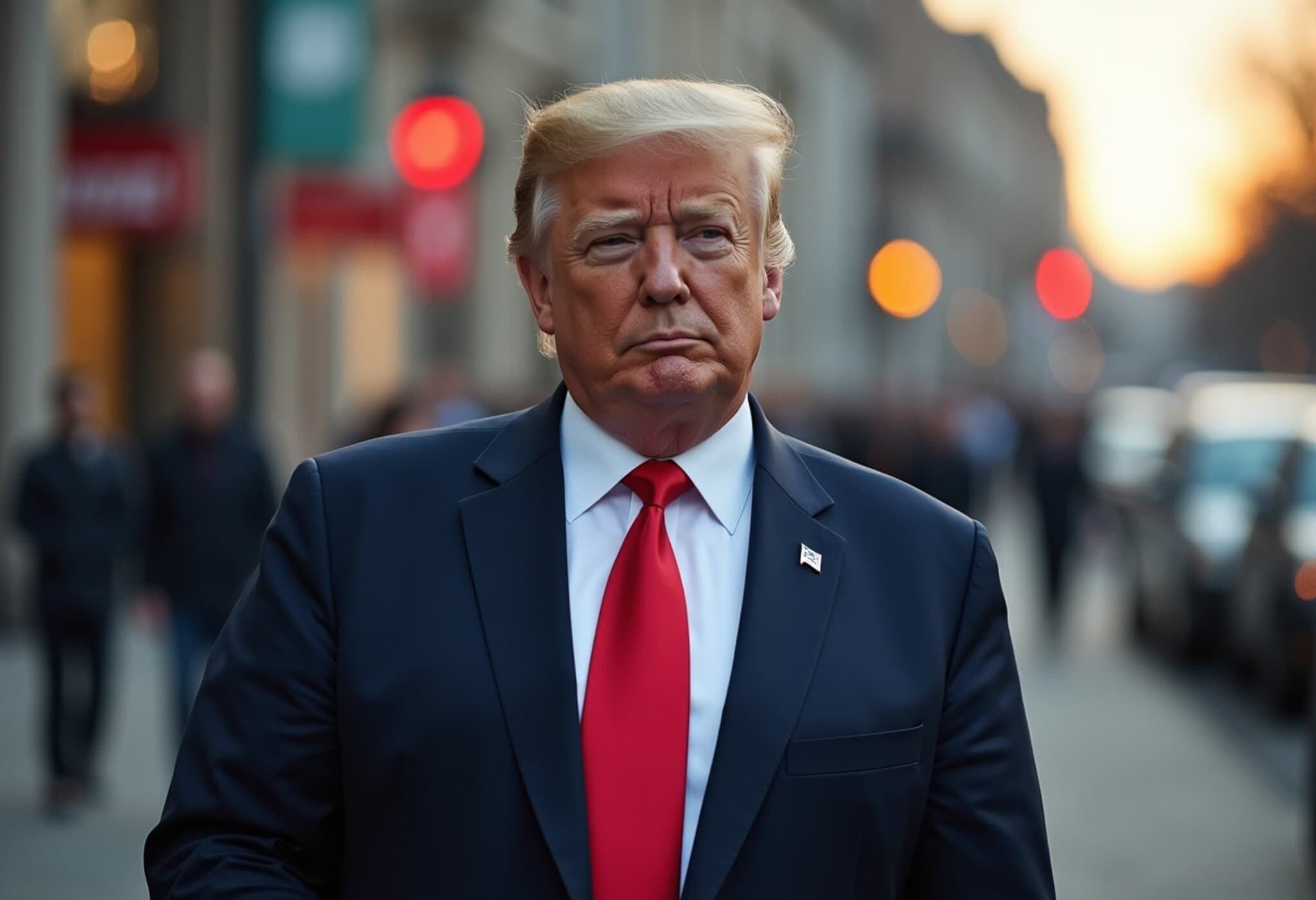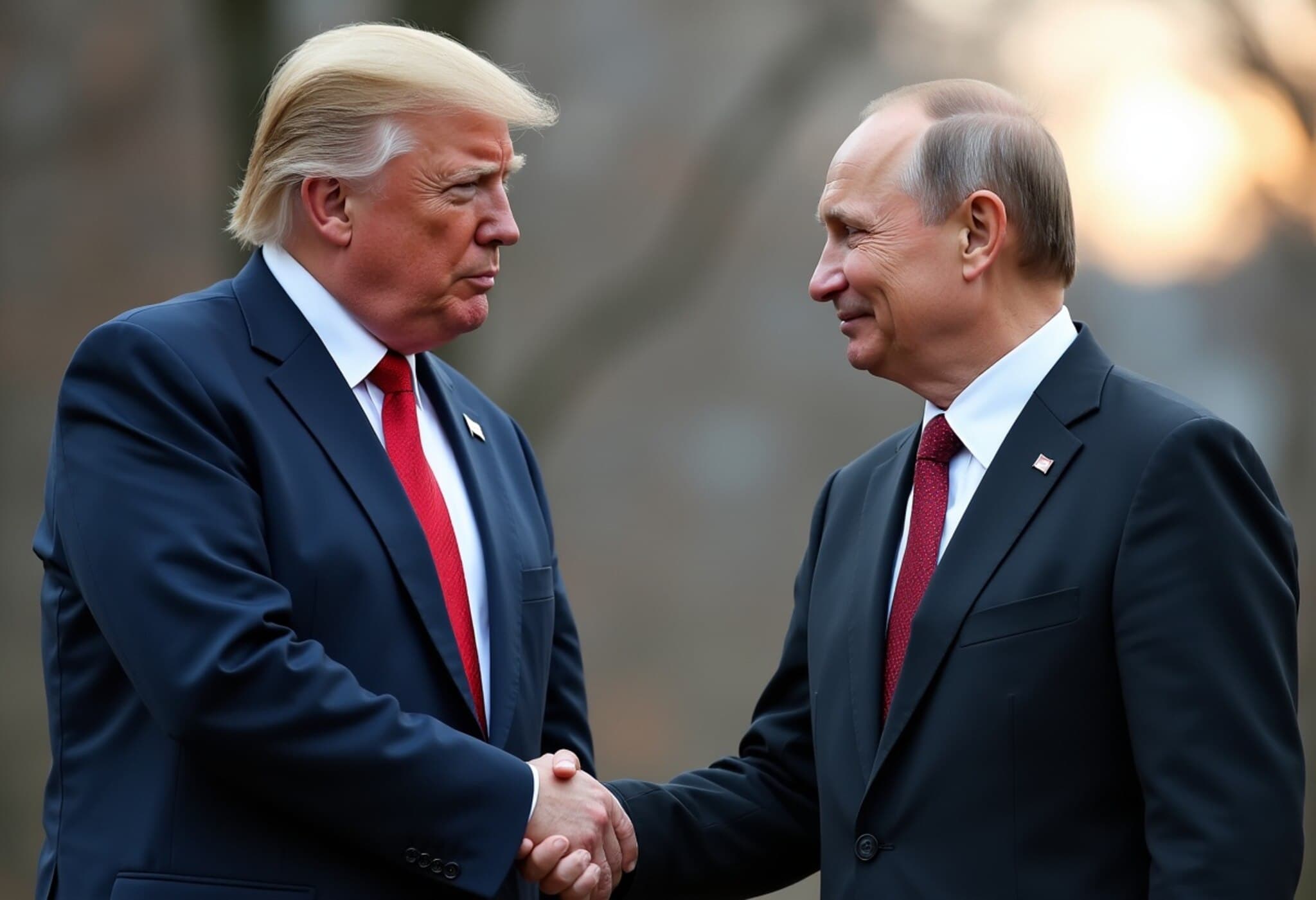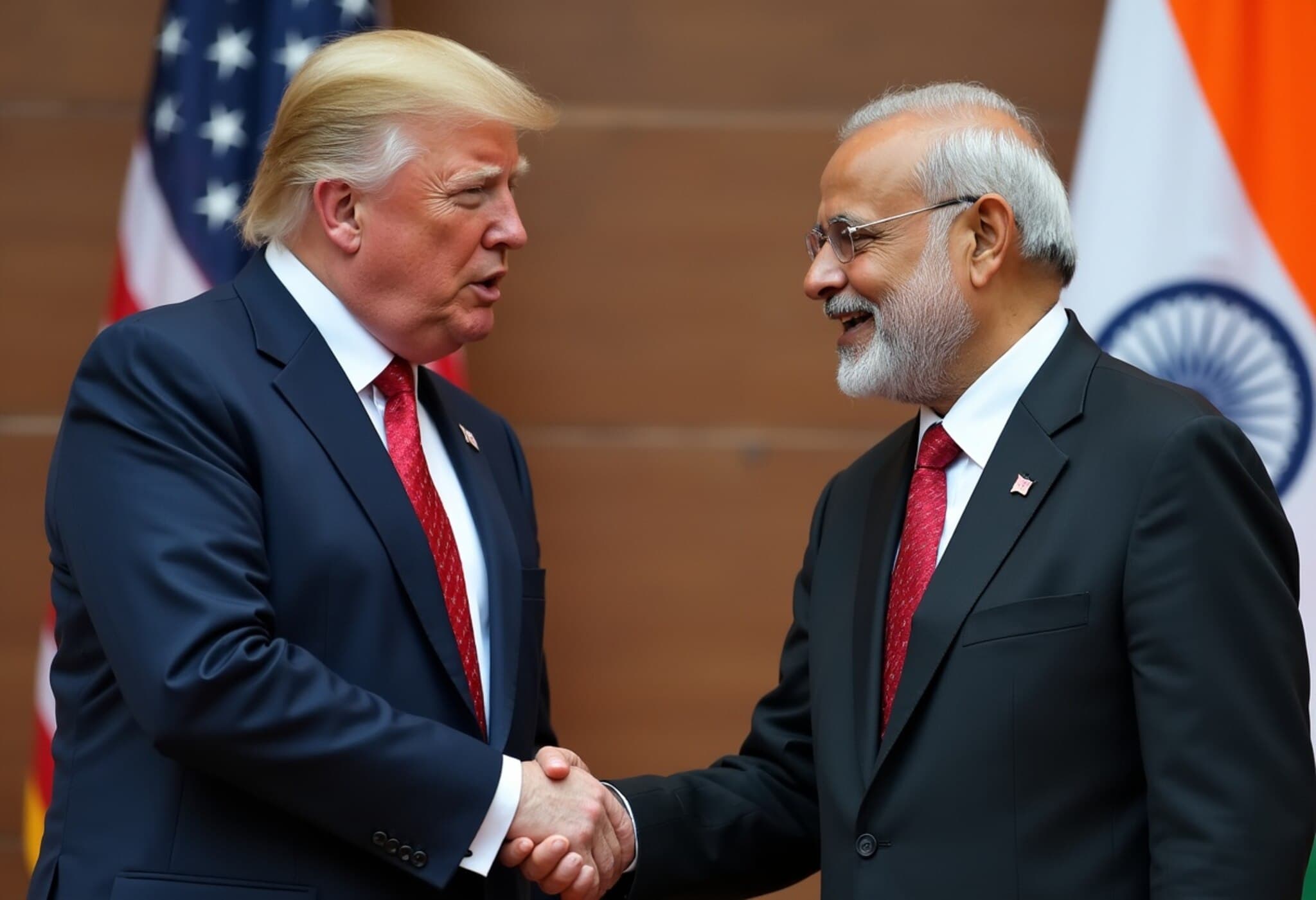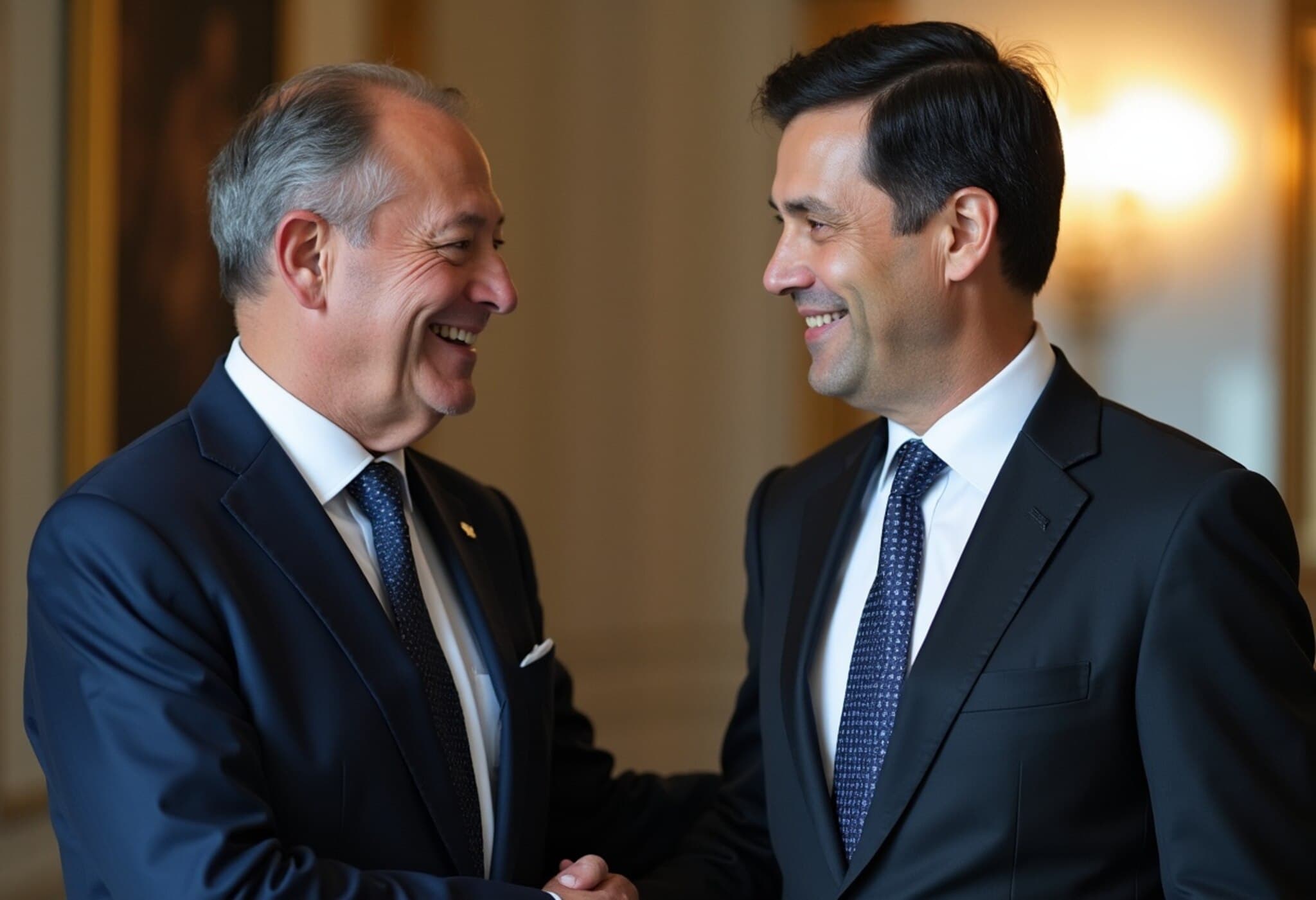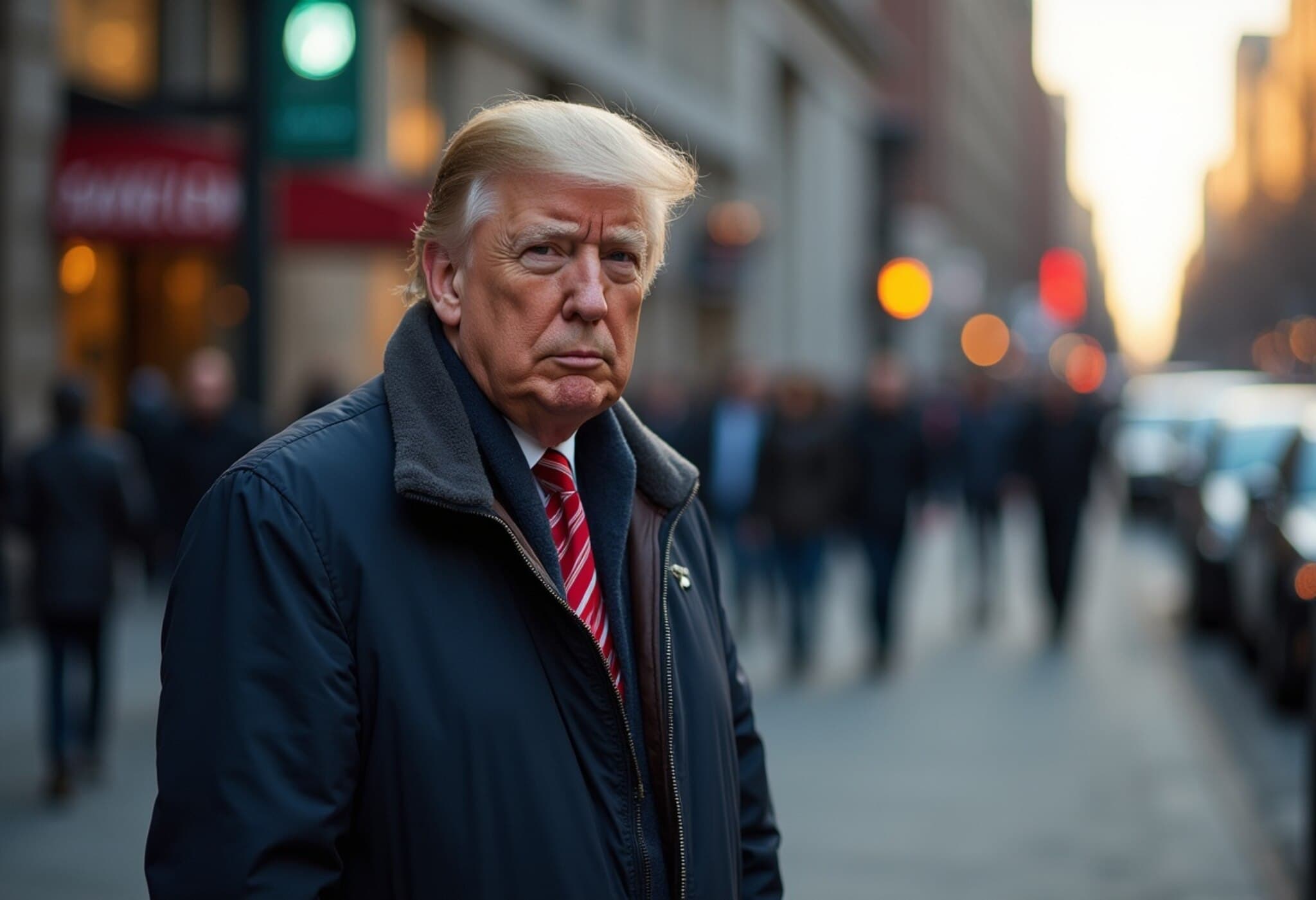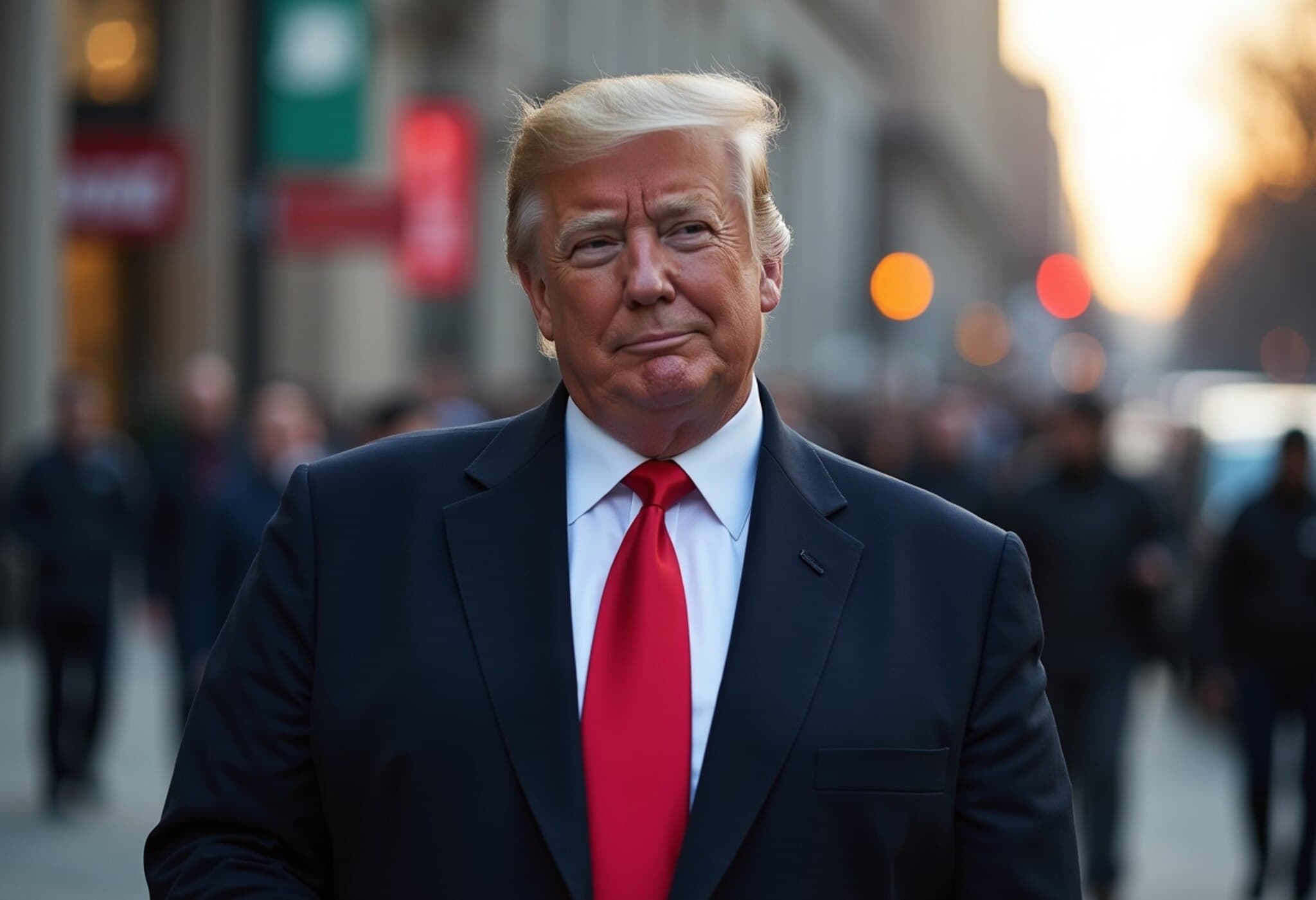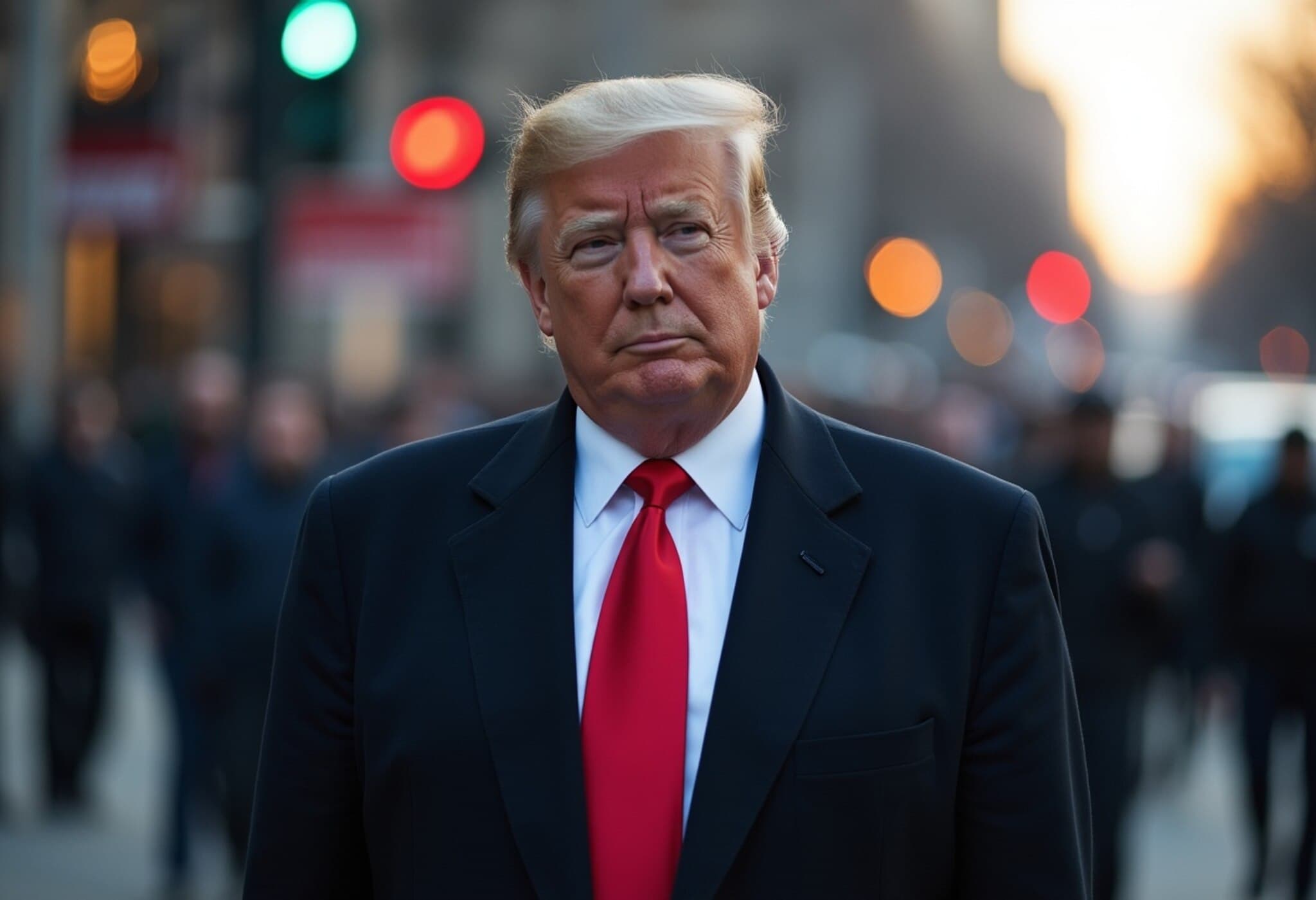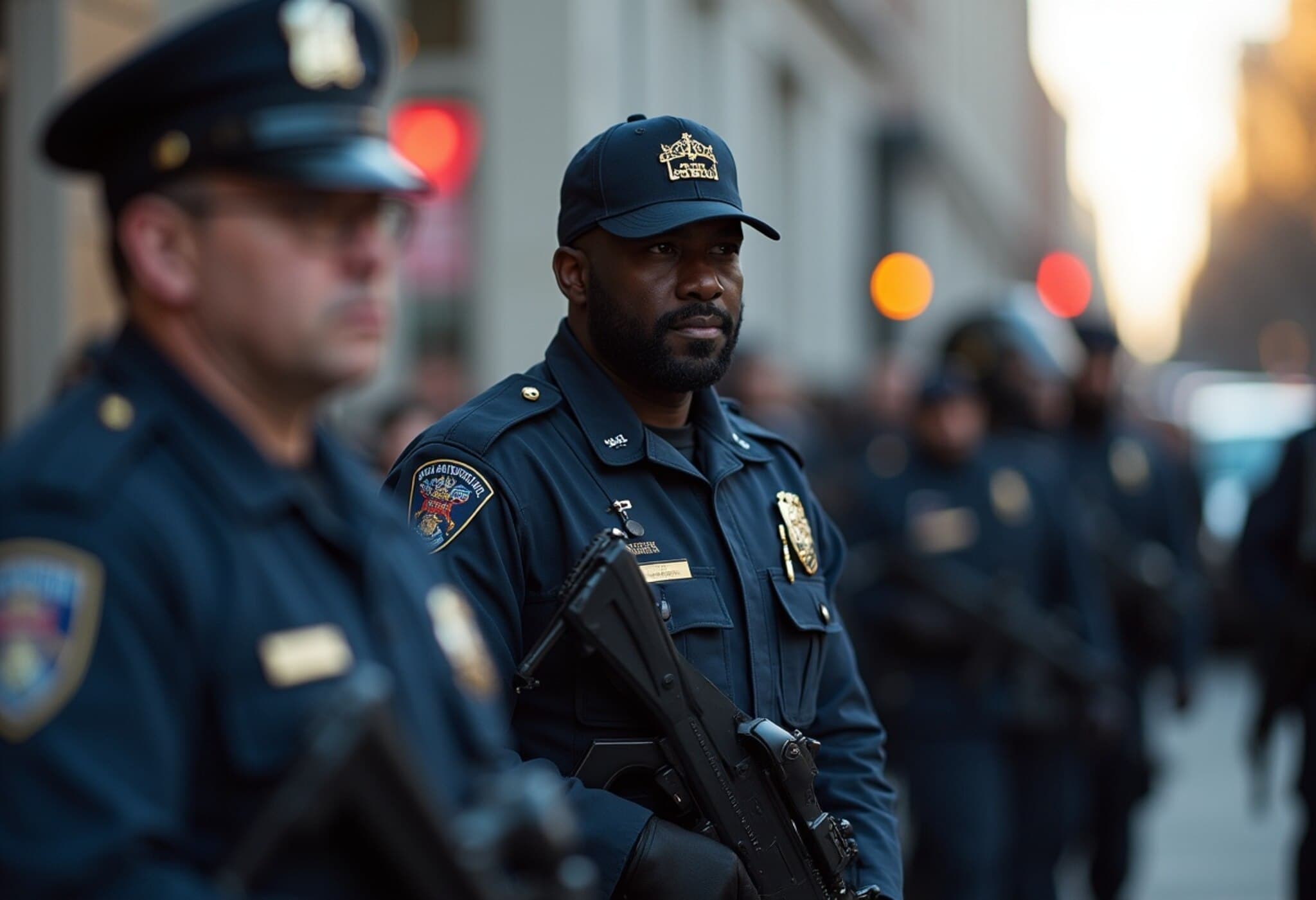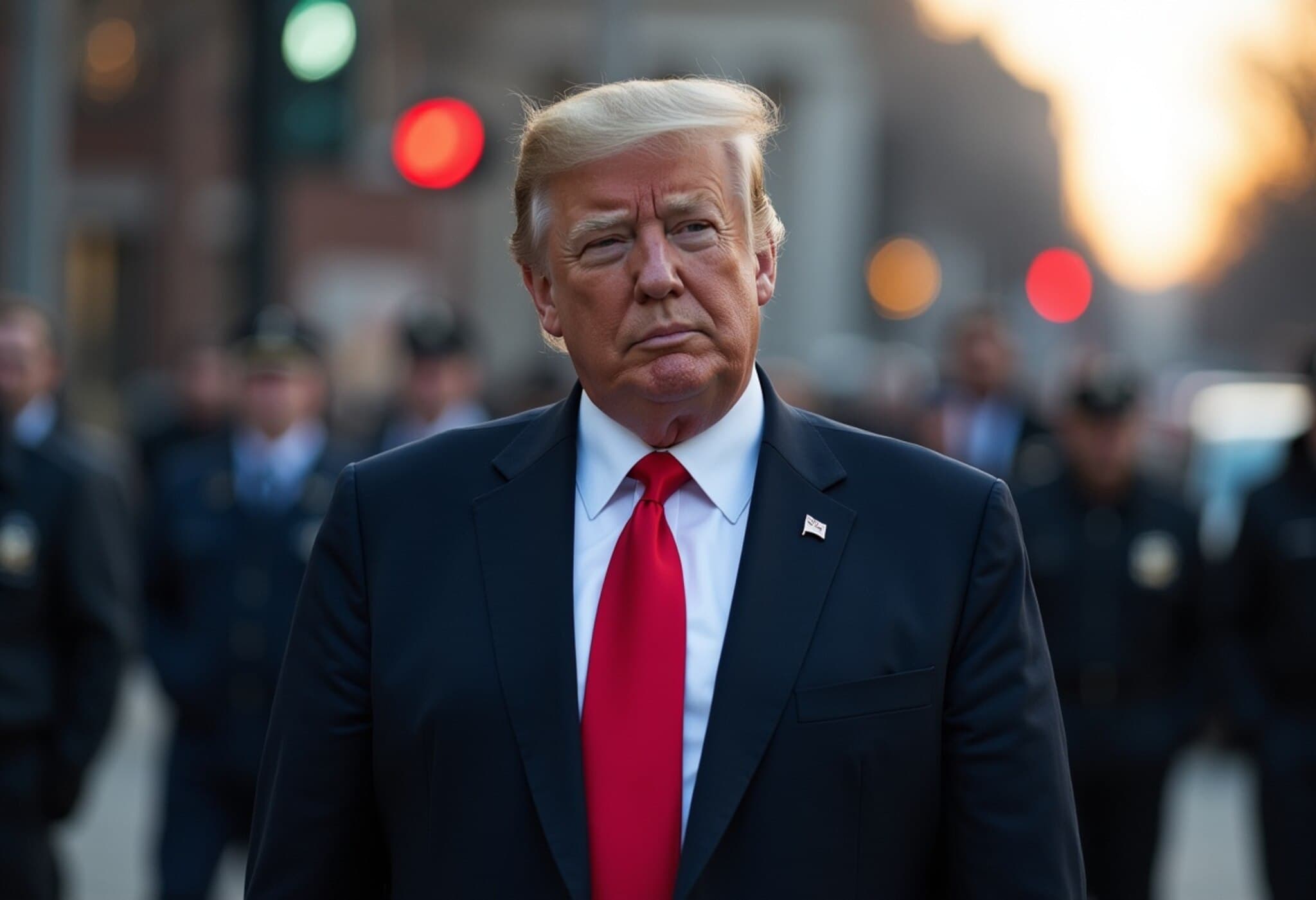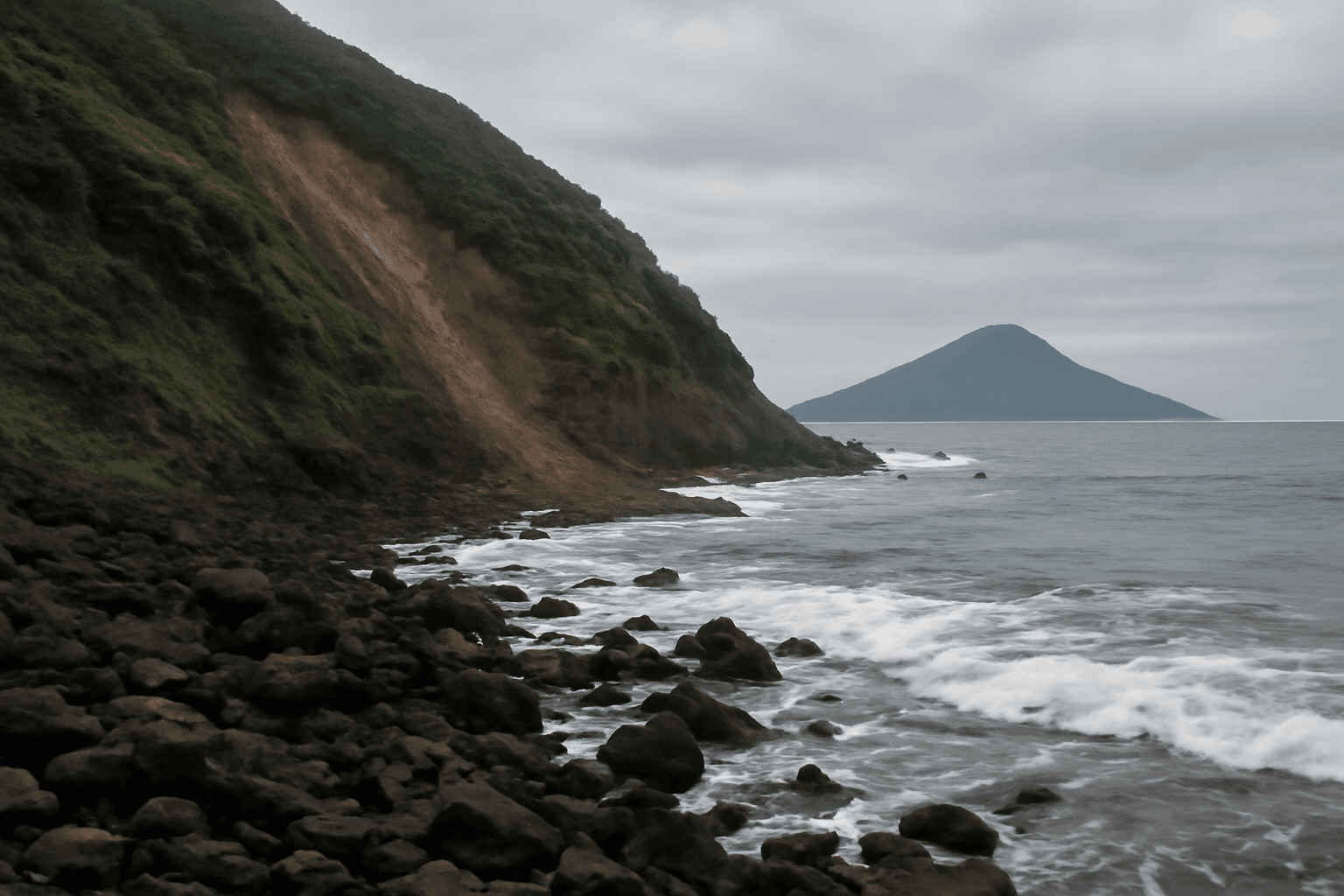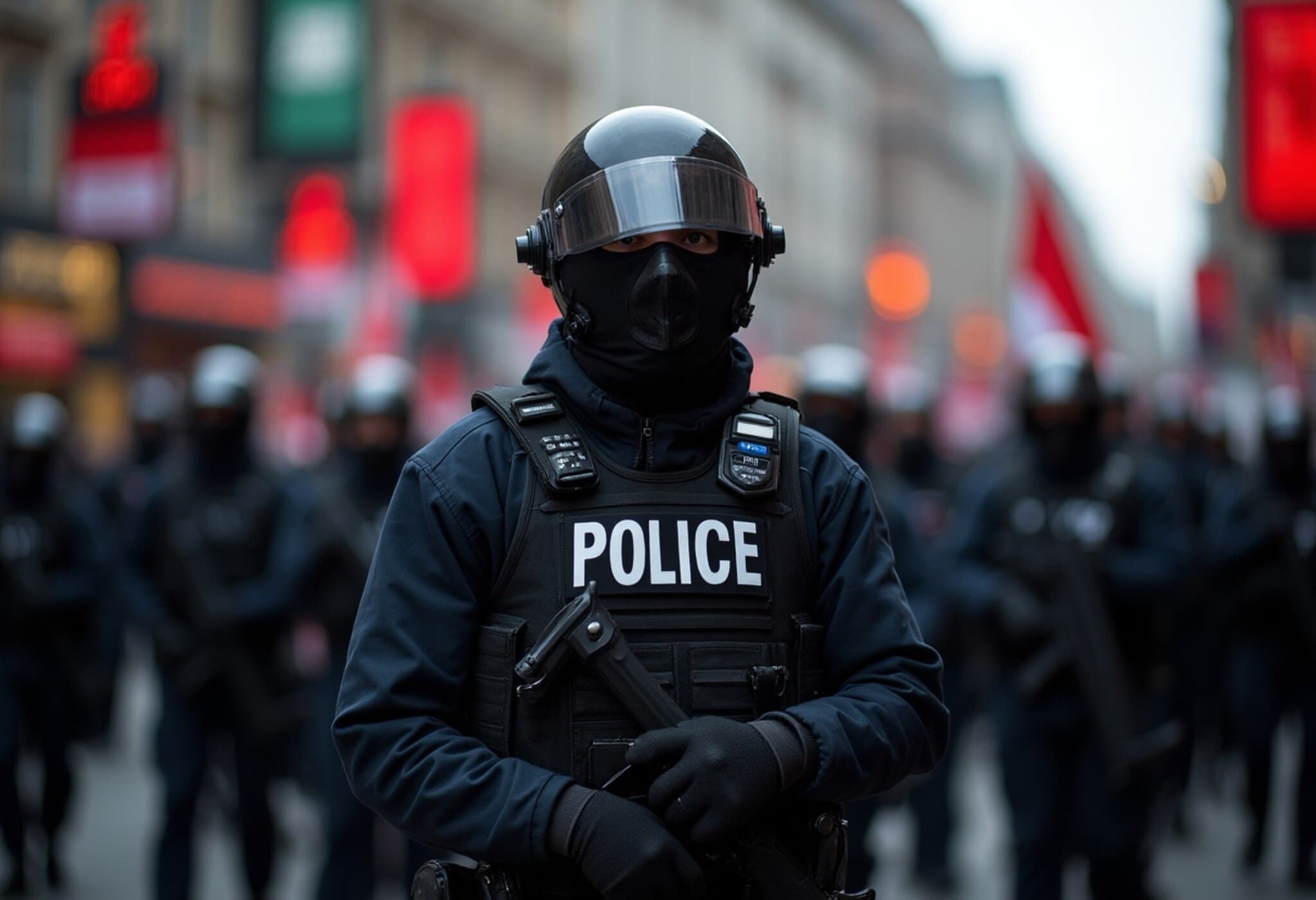Washington's Shifting Power Game: 'Ins' and 'Outs' Redefine Lobbying
In the ever-evolving political corridors of Washington, DC, the traditional divide between Democrats and Republicans has blurred into a new battlefield defined by those “in” and “out” of former President Donald Trump's inner circle. This subtle but potent realignment has profound implications not only for domestic politics but also for how foreign nations like India and Pakistan navigate the complex US lobbying ecosystem.
The Battle for Influence: Miller vs. Schiller
India's recent lobbying efforts, led by Jason Miller of SHW Partners LLC, have faced unexpected hurdles despite significant investment. Miller, a seasoned communications strategist and senior adviser to Trump’s 2016, 2020, and 2024 campaigns, was hired for $1.8 million annually to enhance India’s voice on Capitol Hill and the White House. However, Pakistan's choice of Keith Schiller—a former longtime Trump bodyguard and founder of Javelin Associates—appears to have gained more traction in influencing Trump directly, raising questions about the efficacy and strategy behind India's approach.
Comparing the Players
- Jason Miller (India's lobbyist): Commands a $150,000 monthly fee, offers strategic counsel, and specializes in legislative navigation and policy advocacy.
- Keith Schiller (Pakistan's lobbyist): Commands a leaner $50,000 monthly retainer, draws on personal trust from his long tenure as Trump’s bodyguard, and leverages close ties to Trump’s organizational circle.
Recent developments—such as Trump's invitation of Pakistan's army chief to the White House luncheon and a notably lower tariff imposition on Pakistani goods compared to India's—signal Schiller's growing sway or, put differently, India's perceived diplomatic missteps.
Direct Engagement: Trump’s Preference and India’s Reserved Posture
Insiders reveal that no lobbyist, however connected, outweighs the impact of direct communication between foreign leaders and Trump himself. The former president reportedly favors personal calls, face-to-face meetings in the Oval Office, and informal settings like golf outings to strengthen bilateral ties. This aspect has emerged as a critical factor where India’s traditionally more formal and reserved approach—favoring structured negotiations over spontaneous engagements—has perhaps cost it influence.
For example, Prime Minister Narendra Modi’s decision to skip the White House meeting during Pakistan's army chief's visit and his cautious handling of the tariff disputes—especially regarding India’s stance on Russian oil—have reportedly displeased the Trump administration. In contrast, leaders who have embraced informal interactions, such as former Japanese Prime Minister Shinzo Abe’s numerous golf outings with Trump and South Korean President Yoon Suk Yeol’s overtures, appear to have made more headway.
Historical Lessons on Diplomacy with Trump
- Success Stories: Mexican President Claudia Sheinbaum’s direct phone call delayed unfavorable tariffs, and South Korea’s Lee Jae-myung secured trade concessions through personal engagement.
- Embarrassing Setbacks: South African President Cyril Ramaphosa and Ukraine's Volodymyr Zelensky faced public rebukes after failing to meet Trump’s demands during visits, underscoring Trump’s unpredictability.
- Missed Opportunities: Switzerland’s President Karin Keller-Sutter recently failed to gain traction against a 39% tariff hike, demonstrating the limits even for persistent diplomatic efforts without direct Trump engagement.
Contextualizing India’s Strategy: Cultural and Political Nuances
India’s diplomatic style often reflects its cricket-rooted culture—methodical, paced, and focusing on long innings rather than quick swings. However, in the high-stakes, fast-paced American political environment, especially under Trump’s leadership who prized immediacy and personal touch, such an approach can struggle.
This cultural gap raises fundamental questions for Indian policymakers and lobbyists: How can India maintain its dignity and strategic interests while adapting to the performative and personal nature of US political engagement? Should Indian diplomacy recalibrate toward more direct, informal outreach when dealing with unpredictable leaders like Trump?
Expert Insight: Navigating the 'Trump Era' Lobbying Landscape
Political analysts note that labeling lobbyists as 'Trump whisperers' oversimplifies reality. As one White House insider puts it, "Trump is ultimately his own man, and his decisions stem from what serves America's interests as he perceives them." So, lobbyists act more as guides than puppet-masters.
Moreover, the revolving door of Trump’s inner circle means influence is fluid and often ephemeral. For foreign governments, relying solely on lobbyists with past ties may be insufficient without cultivating direct leader-to-leader relationships.
Looking Ahead: The Stakes of Tariff Diplomacy
The impending tariff penalties on India—particularly the looming 25% punitive tariff linked to India’s Russian oil imports—could have tangible economic consequences. This places urgency on diplomatic engagement strategies. Whether India’s current lobbying efforts pivot swiftly to adapt or persist with existing protocols will significantly impact New Delhi’s economic and geopolitical positioning.
Key Takeaways:
- Lobbyists are important but not omnipotent: Direct foreign leader engagement with the US President often trumps behind-the-scenes efforts.
- Tariff policies remain a sensitive point: India must balance assertiveness with pragmatism in navigating US trade demands.
- Cultural diplomacy matters: Recognizing and adapting to American political customs could enhance India’s soft power.
- The fluid nature of influence in the Trump era: Close ties can shift quickly; diplomatic agility is paramount.
Editor’s Note
As Washington’s political dynamics pivot away from traditional party lines to a more personality-driven power structure, foreign policy and lobbying strategies must evolve accordingly. India’s struggle to assert itself amid Pakistan’s seemingly more effective outreach through Keith Schiller encapsulates broader challenges faced by democracies in managing image, influence, and impact abroad—especially when dealing with leaders like Donald Trump who prize directness, personal rapport, and transactional diplomacy.
This story sheds light on the often opaque world of lobbying but also invites readers to consider how cultural nuances, political instincts, and strategic flexibility intersect to influence global diplomacy in the 21st century.
Rajghatta is the author of "Kamala Harris: Phenomenal Woman" and a seasoned Washington correspondent specializing in US-India relations.

